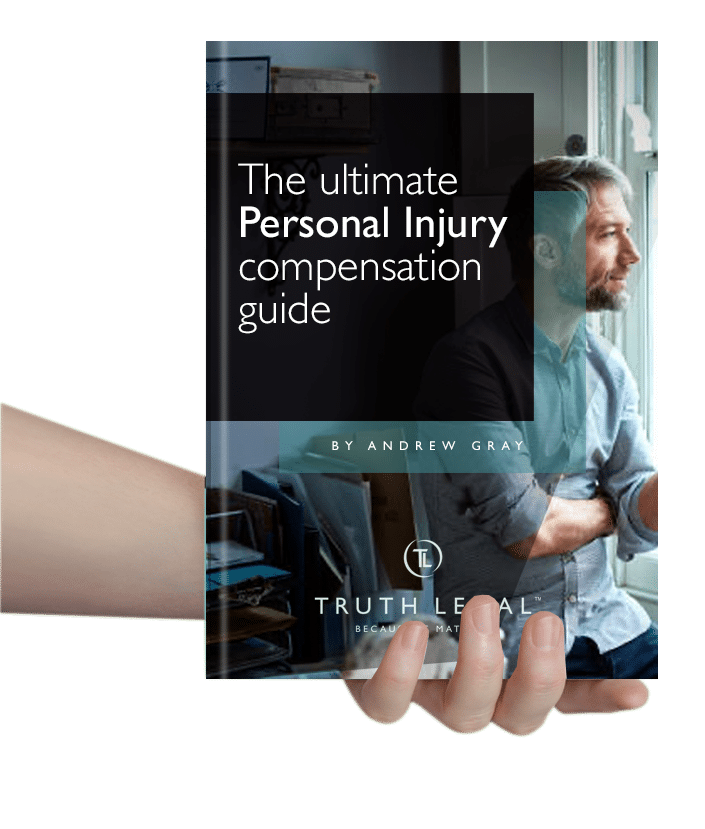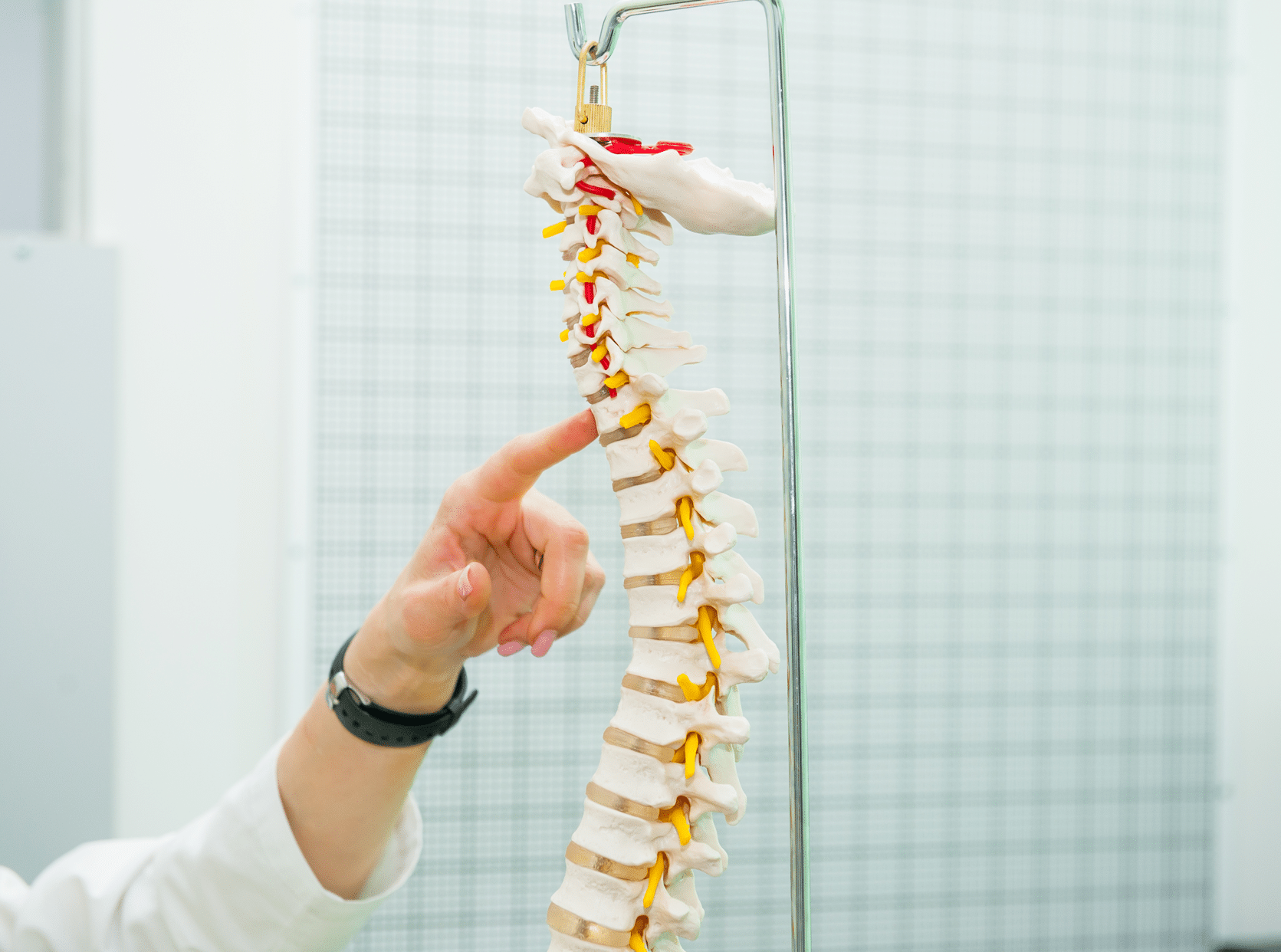If you have sustained an injury at work through manual handling, you may be entitled to claim compensation.
Manual handling includes all kinds of ways of moving objects ‘by hand’ – i.e. without the help of machinery. So if you’ve been lifting, setting down, carrying, pushing or pulling heavy loads and suffered physical harm as a result, you may have grounds for a manual handling injury compensation claim.
Truth Legal’s expert personal injury lawyers have a great deal of experience in claims following an injury at work.
Contact us today for a free initial consultation about your circumstances, with no pressure or obligation to take matters further.
Manual handling injury claims
Many jobs call upon workers to move heavy objects or loads without the use of machinery. This might be a central part of the job, for example when working on a construction site, or in a factory or warehouse. Or it could be an occasional requirement, such as shifting boxes or furniture in a shop or an office environment.
No matter how often you are involved in manual handling, if your employer did not do enough to protect your health and safety, they can be held responsible for your injuries and any other losses which result.
Manual handling can cause injuries to many areas of the body, particularly your back, neck, arms, and feet. Frequently, the consequences can be severe and long-lasting.
When could my employer be responsible for my injury?
Employers have a legal duty to keep their workers safe in the workplace.
With manual handling, the Manual Handling Operations Regulations 1992 also set clear requirements for how such operations should be managed to best protect the health and safety of the workers involved.
For example, your employer might have breached these regulations, and failed in their duty, if they:
- Did not provide you with appropriate manual handling training
- Did not conduct a risk assessment (or they did but it was inadequate)
- Did not provide suitable safety or protective equipment (or they did but the equipment was inadequate or defective)
Your employer can also be held responsible for the conduct of their employees. So if you were injured due to the negligence of a colleague, you may still be able to make a claim against your employer.
Making your manual handling claim with Truth Legal
When starting a claim, you need to be sure that your solicitors are people you can trust and that they will give you the best chances of success. Truth Legal’s specialist personal injury lawyers have extensive experience and knowledge covering manual handling and other kinds of accident at work claim.
We pride ourselves on providing an exceptional service for our clients, as shown by our excellent ratings on TrustPilot and reviewsolicitors.
Our personal injury team offers:
- A free initial consultation – to discuss your circumstances.
- Specialist technical knowledge and experience – so you can rest assured that your case is in the best hands.
- Practical advice – tailored to your situation.
- Strong representation – fighting for the compensation and outcome you deserve.
- Support and compassion – friendly, knowledgeable professionals on your side through a difficult time.
If you’d like to know more about claiming with us, read our blog:
FAQ
‘No Win No Fee’ manual handling injury claims

A ‘No Win, No Fee’ Agreement means that, in the vast majority of situations, you will not have to pay our legal costs if we cannot recover compensation for you.
If we are successful, a small percentage of your award will go towards our fees, with the remainder of our costs being paid by your employer’s insurance company. This is how ‘No Win, No Fee’ Agreements usually operate.
You can read more about No Win No Fee Agreements here.
Funding is always something we will discuss with you in full before your claim begins. However, if you have any queries about our fees, please get in touch so that we may explain matters further.
























